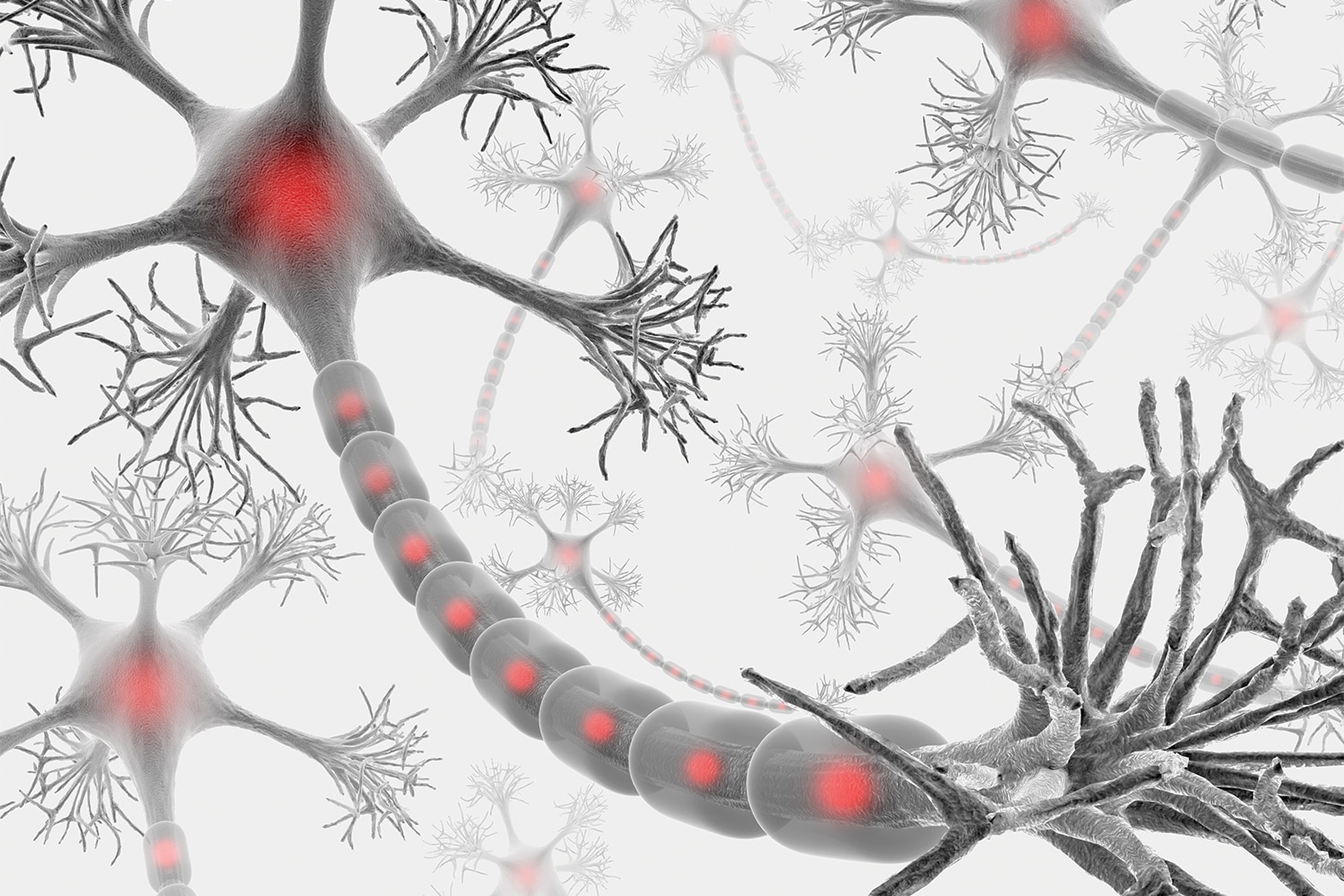At one time, treatment-related side effects were generally thought of as the price cancer patients had to pay for a chance of survival. Medical oncologist Patricia Ganz at the David Geffen School of Medicine at the University of California, Los Angeles (UCLA) has spent the past 40 years conducting studies aimed at challenging this perception. Ganz’s research on cancer survivorship and quality of life forms the cornerstone of the field of survivorship research.
The February 2018 issue of the Journal of the National Cancer Institute will include two articles Ganz co-authored on peripheral neuropathy, nerve damage that causes numbness, pain and tingling in the hands and feet. Although the research papers focus on breast cancer patients who were treated with chemotherapy, long-term peripheral neuropathy is a problem for many cancer patients. In the first article, a research review, Ganz and her colleagues report that they were able to find only five papers on studies that followed patients for a year or more and asked about symptoms related to nerve damage. In the second paper, her team re-examined data on 1,512 early-stage breast cancer patients in a national chemotherapy trial. They found that two years after starting treatment, 42 percent of patients experienced neuropathy symptoms and 10 percent reported severe discomfort.
Cancer Today spoke with Ganz, who directs the Center for Cancer Prevention and Control Research at the UCLA Jonsson Comprehensive Cancer Center, about how her findings can be used to bring attention to chemotherapy-related nerve damage and reduce patients’ risk of developing it.
Q: Were you surprised that so few studies asked breast cancer patients about long-term peripheral neuropathy?
A: Yes. When that study was conducted, every woman with a breast cancer tumor over 1 centimeter was treated with chemotherapy. Now we have genomic tests and fewer women get chemotherapy. But we have a whole generation of women who received taxane-based chemotherapy for breast cancer without any evaluation of its long-term toxicity.
Q: Why do you think this is?
A: Someone has to invest the time and money to do the research, and people have to pay attention to what patients are complaining about.
Q: Are some patients more likely than others to develop peripheral neuropathy?
A: Our paper and other studies suggest being older, being overweight or having diabetes are associated with an increased risk for peripheral neuropathy. These people are more likely to have injured nerves, and then a second toxic injury [the chemotherapy] makes it worse.
Q: Why are most doctors unaware that this is a potential long-term problem?
A: In survivorship care, there is a bit of a “don’t ask, don’t tell” mentality. When patients come back to see their doctor and they are two to three years out, the focus is on the cancer. Questions like “Are you having fatigue? Are you having cognitive problems? Are you having trouble walking or dressing yourself because of your neuropathy?” are not being asked. There is less attention to ongoing symptoms.
Q: Why are taxane-based chemotherapy drugs more likely to cause this problem?
A: We don’t know. Basic scientists are trying to figure out why and are also working hard to develop drugs that would mitigate this toxicity. Vinca alkaloids used in lymphoma and oxaliplatin used for colon cancer also cause nerve damage. Drugs used to treat myeloma also cause neuropathy. Taxanes seem to be worse, and it is dose-related. But across the board, there are a number of drugs that are going to leave patients with problems.
Q: Should patients ask their doctors if they have chemotherapy options that might not cause peripheral neuropathy?
A: It would be good for patients to have information about whether the recommended treatment can cause this side effect. Again, though, the problem is that most of the doctors we interviewed, and they are really superb clinicians, were unaware of long-term neuropathy issues. Raising awareness about this is really the first step.
Q: What happens to patients who develop neuropathy?
A: The big problem is that we don’t have any good interventions. There was a terrific article about a randomized trial in which iced gloves and socks were put on patients to reduce neuropathy. We will need to study this more to see if it is beneficial. Since neuropathy doesn’t go away and impacts quality of life, it would be important to start a dialogue on how we should be tailoring chemotherapy for patients. We need to prevent neuropathy if we can by considering pre-existing risk factors for persistent neuropathy as we select treatments.
Cancer Today magazine is free to cancer patients, survivors and caregivers who live in the U.S. Subscribe here to receive four issues per year.





